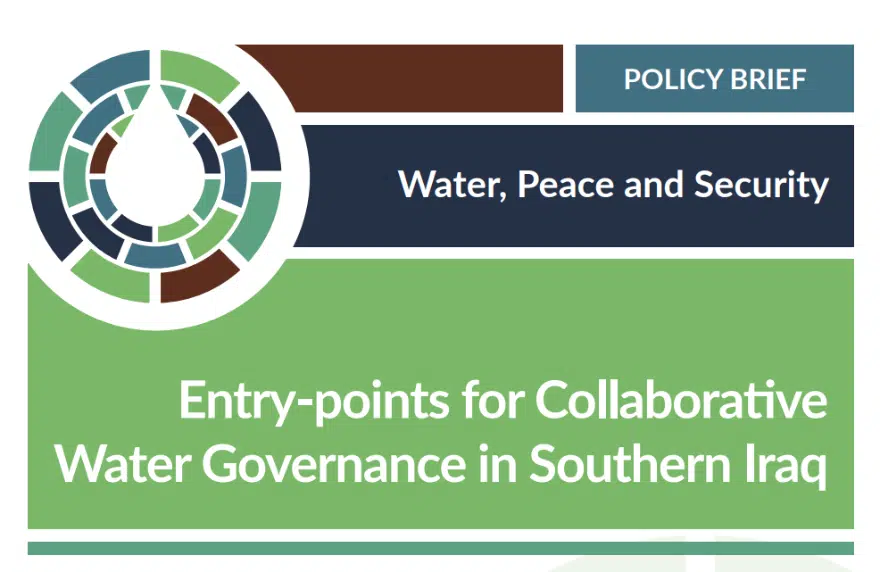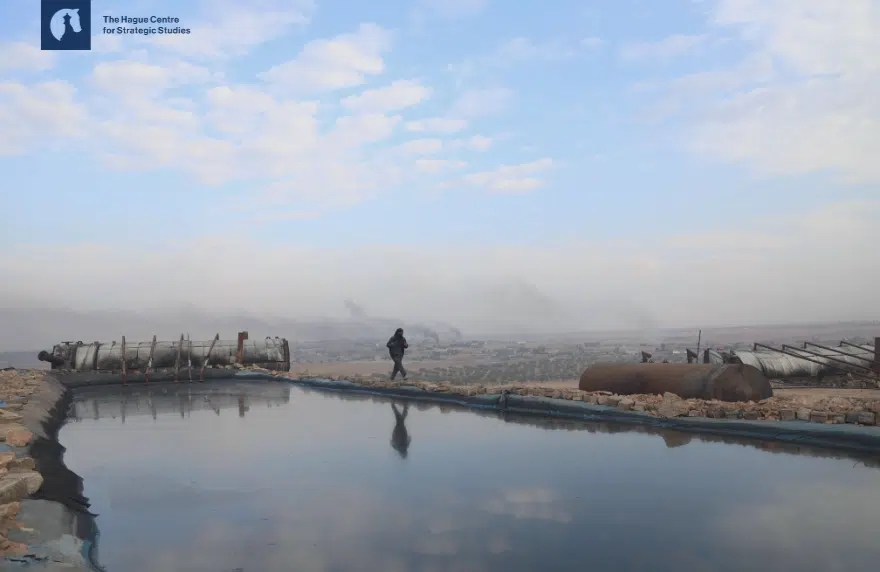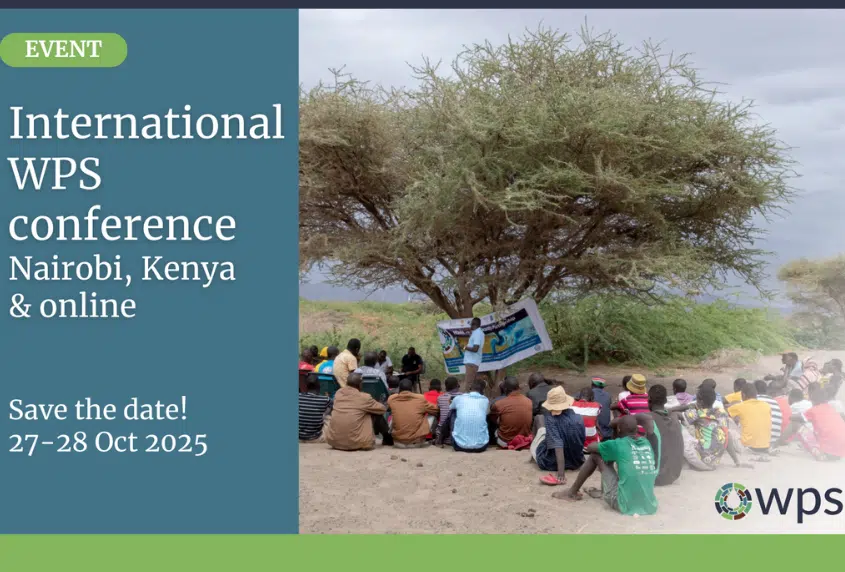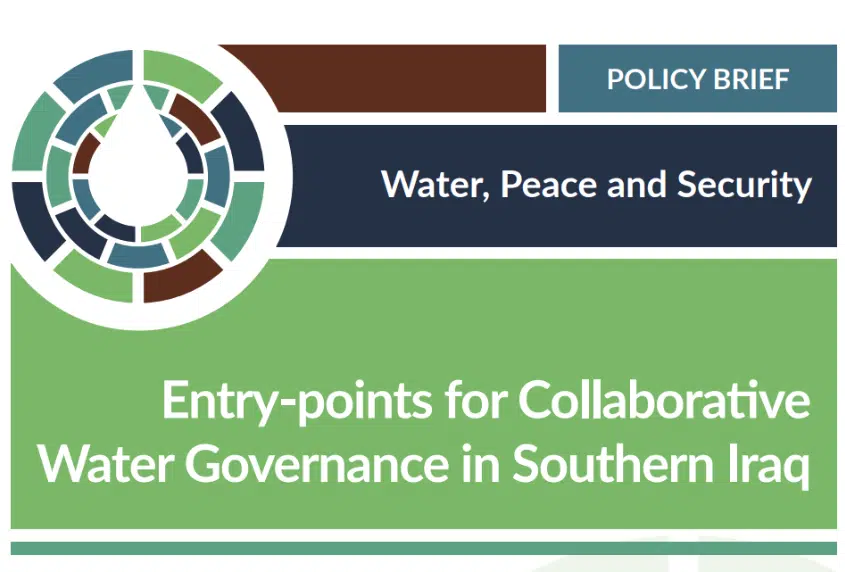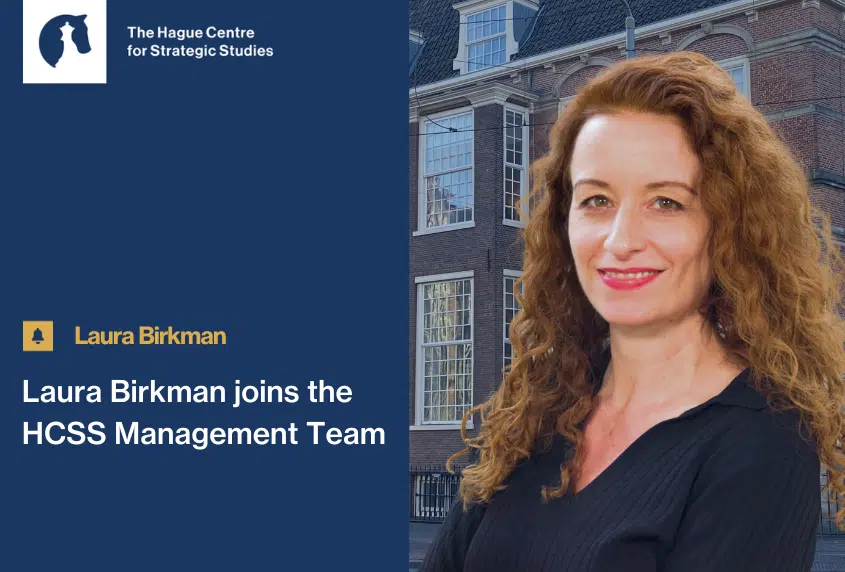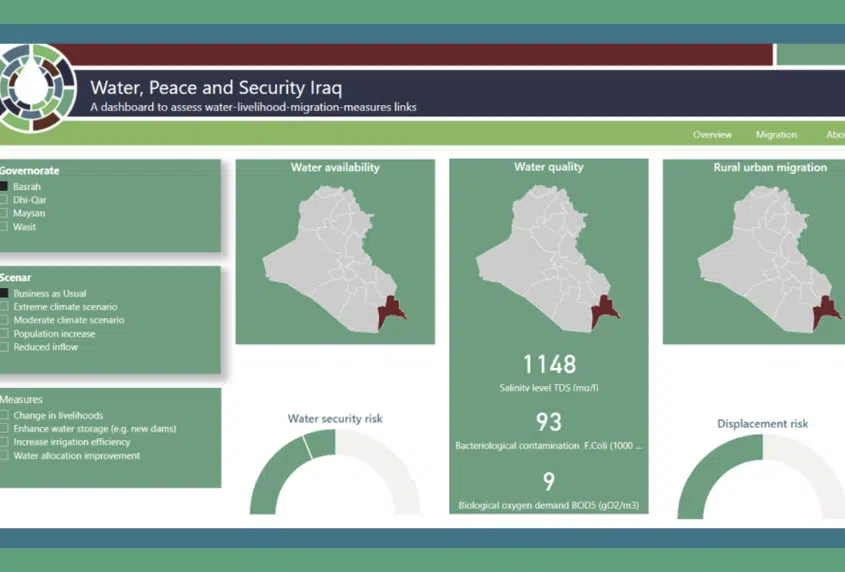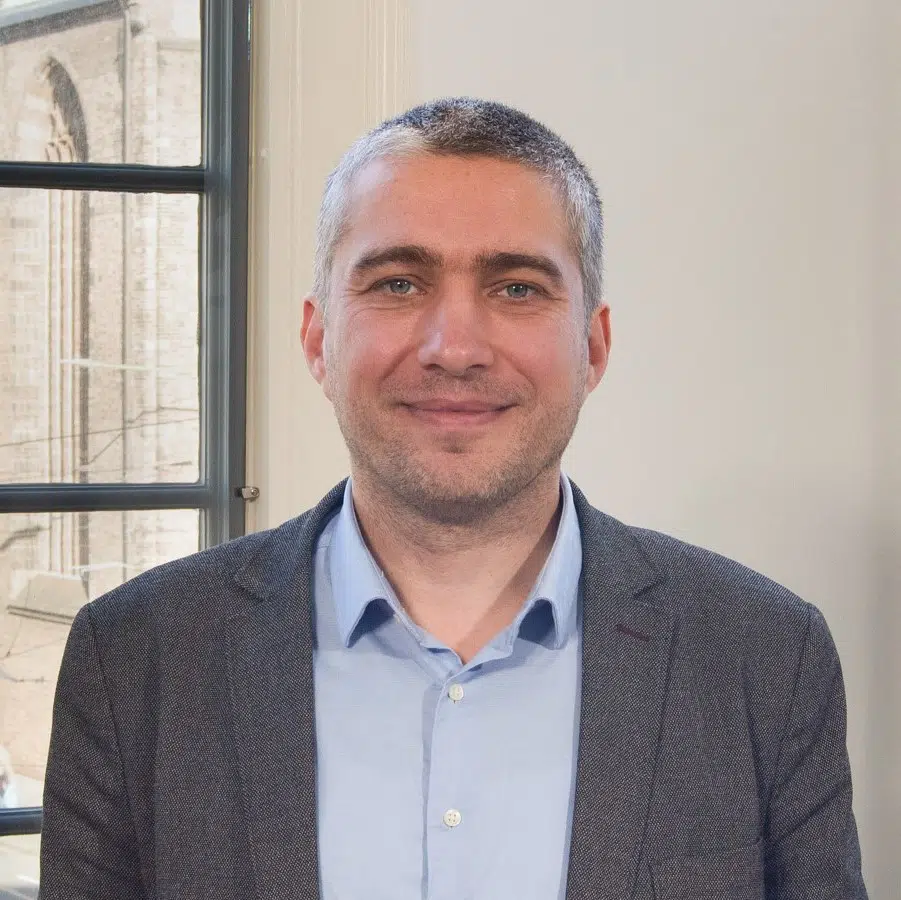Water insecurity is increasing worldwide. In response to these threats the Water, Peace and Security (WPS) partnership develops innovative tools and services that help identify water-related security risks, and allow stakeholders to take action at an early stage.
Our process depends on global data collection and validation, and on understanding how water shortage can translate into social consequences locally. Our participatory approach understands that dialogue between different parties is crucial to solving conflict, increases joint understanding of the water system, and broadens the scope of actions that can be taken.
The Problem: Water Insecurity Is on the Rise
A third of the world’s people now live in water-scarce regions. On average, droughts affect over 50 million people annually and cause more than $5 billion of damage. These numbers are set to increase, due to population growth, rapid urbanisation, and growing economic demands for water. Climate change further intensifies these pressures in many regions.
In most cases, these threats are not just the result of weather variability, but are also related to inadequate water management and governance issues. These multiple interacting factors render vulnerable communities more susceptible to short-term water scarcity and longer-term droughts, while directly affecting local economies and social relations.
In response to these threats, the Water, Peace and Security partnership is designing innovative tools and services that identify water shortage-related security risks. These tools and services demonstrate changes in short term water availability and their impacts on societies, and link them to both hydrological as well as social, economic and political factors. Based on this information, evidence-based actions can be triggered to prevent or mitigate human security risks.
Early Warning Tools:
WPS works to provide data, analyze risks, propose solutions and support the prevention of conflicts over water by enabling investors, policymakers and communities to take coordinated action at an early stage. Data is fundamental to understanding how water shortages translate into social consequences, where water-related risks are highest, what drives these risks and what solutions exist. Awareness and capacity to act enable decision-makers at all levels to implement these solutions.
Our Global Early Warning Tool provides the initial step in a multi-step process, employing machine learning to predict conflict 12 months ahead in Africa, the Middle East, and South and Southeast Asia. So far it has captured 86% of future conflicts, successfully forecasting more than 9 in 10 “ongoing conflicts” and 6 in 10 “emerging conflicts”.
In addition to the Global Early Warning Tool, WPS is developing country-specific tools and approaches to more deeply analyze local drivers of conflict and underlying issues and to support conflict sensitive interventions that can address or mitigate the threats. This will help national and local stakeholders offer direct interventions that can more quickly avert violence, and act in a timely and adequate manner to address water-related security threats.
Training Modules:
The Water, Peace, & Security Partnership (WPS) offers a variety of training modules as part of its innovative tools and services that help identify, understand and respond to water-related security risks. WPS’s tailored learning programmes provide a versatile and hands-on experience relevant to the professional or personal environment of participants. Our trainings can be enriched through online courses, webinars, coaching and/or individual exercises that can be adapted in depth, length and methods. Find out more about WPS training options here.
Do you want to learn more about how water-related risks link to conflict and how such conflict can be prevented or mitigated? WPS also has a bespoke e-learning course. The course is free, open to anyone interested, and available to complete on your own time. If you want to learn more about Water Security you can learn here.


